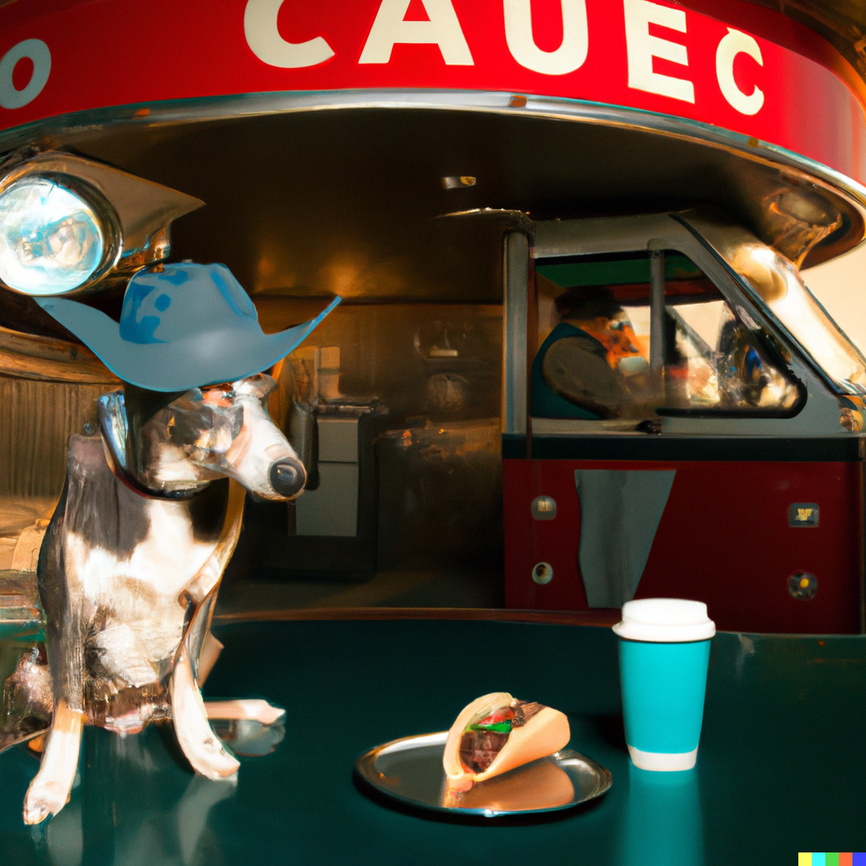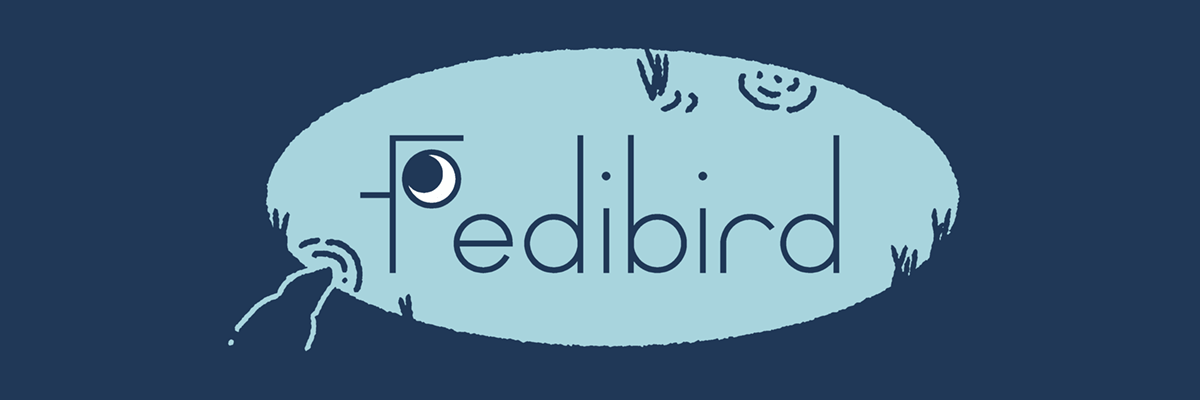
Jury Still Out on Whether Green Tea Lowers Colon Cancer Risk
Can green tea lower your risk of colorectal cancer? It depends on who — and what research — you believe.
Evidence that links green tea and a lower risk of colorectal cancer goes both ways.
https://www.medscape.com/s/viewarticle/998341 #GreenTea #ColonCancer #risk #prevention #RandomTrials #benefit
One Huge Contradiction Is Undoing Our Best Climate Efforts
The world is still using more energy each year, our consumption ticking ever upward, swallowing any gains made by renewable energy. Emissions are still rising—more slowly than they used to but, nonetheless, rising.
The math isn’t adding up.
https://www.theatlantic.com/science/archive/2023/11/climate-change-policies-contradictions/675967/ #environment #climate #mitigation #consumption #emissions #FossilFuels
Microsimulation Model Identifies 4-Year Window for Pancreatic Cancer Screening
It takes an average of 4 years for a pancreatic lesion to progress from high-grade dysplasia (HGD) to cancer, suggesting a window of opportunity for screening, based on a microsimulation model.
Screening should instead focus on identifying high-grade dysplastic lesions, they suggested.
https://www.medscape.com/s/viewarticle/998337 #Microsimulation #Model #Window #Pancreatic #Cancer #Screening #dysplastic #lesions #PanINs
Peering Into the Future: Eye Scans Unveil Parkinson’s Disease Markers 7 Years Early
Researchers have identified early indicators of Parkinson’s disease in eye scans, years before symptoms occur. This could lead to pre-screening tools and preventive measures against neurodegenerative diseases through the emerging field of oculomics.
https://scitechdaily.com/peering-into-the-future-eye-scans-unveil-parkinsons-disease-markers-7-years-early/ #ArtificialIntelligence #Eyes #Neuroscience #Retina #neurodegenerative #disease #oculomics
Iceberg Mapping at Lightning Speed: AI Is 10,000x Faster Than Humans
In a groundbreaking development, researchers from the University of Leeds have unveiled a neural network that can swiftly and accurately chart the expanse of large Antarctic icebergs in satellite images, accomplishing the task in a mere 0.01 seconds. This novel approach is in stark contrast to the laborious and time-consuming manual efforts needed previously.
https://scitechdaily.com/iceberg-mapping-at-lightning-speed-ai-is-10000-times-faster-than-humans/ #iceberg #mapping #AI #ESA #safety #environment
Folks, taking down billionaires might be easier than we thought. JUST BOO AT THEM, ALL THE TIME, EVERYWHERE
#AfternoonUpdate #AMUpdate Microsoft to expand its investment in Mount Pleasant, spending ‘billions’ to grow in Wisconsin https://wausaupilotandreview.com/2023/11/11/microsoft-to-expand-its-investment-in-mount-pleasant-spending-billions-to-grow-in-wisconsin/?utm_source=dlvr.it&utm_medium=mastodon
US Teen Wins Top Prize For Inventing a Soap to Fight Skin Cancer
A 14-year-old US scientist has developed a soap that could help the body's immune system 'wash away' skin cancer.
The soap has won him the top prize in the Young Scientist's Challenge, an annual competition aimed to encourage children and adolescents to innovate solutions to everyday problems.
https://www.sciencealert.com/us-teen-wins-top-prize-for-inventing-a-soap-to-fight-skin-cancer #soap #SkinCancer #invention #teen #imidazoquinoline
Amazing Tiny Brain Implant Translates Brain Signals Into Speech
In a new breakthrough, scientists have now crammed a huge array of tiny sensors into a space no larger than a postage stamp, to read this complex mix of electrical signals, in order to predict the sounds a person is trying to make.
The 'speech prosthetic' opens the door to a future where people unable to speak due to neurological conditions can communicate through thought.
https://www.sciencealert.com/amazing-tiny-brain-implant-translates-brain-signals-into-speech #implant #translate #brain #signal #speech #thought
High Metabolism – Scientists Uncover New Early Sign of Alzheimer’s Disease
New research has revealed that an increase in hippocampal metabolism is an early sign of Alzheimer’s disease, offering a potential early diagnostic indicator and new avenues for intervention. This discovery could lead to early treatments that target cellular energy and waste management processes to slow the disease’s progression.
https://scitechdaily.com/high-metabolism-scientists-uncover-new-early-sign-of-alzheimers-disease/ #high #metabolism #parkinsons #marker #hippocampus #mitochondria #intervention
Viral Epidemics Could Kill 12 Times as Many People by 2050. Here's Why.
outbreaks reported from a selection of four devastating viruses with animal hosts rose by nearly 5 percent a year between 1963 and 2019, with deaths jumping annually by an astonishing 8.7 percent.
At that rate, the researchers predict, we could expect the total number of fatalities from these four diseases alone to be at least 12 times greater in 2050 than records showed for 2020.
https://www.sciencealert.com/viral-epidemics-could-kill-12-times-as-many-people-by-2050-heres-why #viral #epidemics #outbreaks #animalhosts #Pathogens
Doctors perform 1st-ever whole eye, partial face transplant
This is the first whole-eye transplant performed in a person, and it was completed alongside a partial face transplant.
https://www.livescience.com/health/surgery/doctors-perform-1st-ever-whole-eye-partial-face-transplant
#first #eye #face #transplant #stemcells #opticnerve
The oldest continents in the Milky Way may be 5 billion years older than Earth's
Several exoplanets at the edge of our galaxy could have formed continents — and advanced life — 5 billion years earlier than Earth, new research suggests.
https://www.livescience.com/space/exoplanets/the-oldest-continents-in-the-milky-way-may-be-5-billion-years-older-than-earths #Astrobiology #planets #continents #life #exoplanets #tectonics
Carbon Dating Reveals the Timing of Puerto Rican Cave Art
New dates from cave art pigment add to evidence that Indigenous Puerto Ricans inhabited the island for millennia.
https://eos.org/articles/carbon-dating-reveals-the-timing-of-puerto-rican-cave-art #PuertoRico #CaveArt #precolumbian #BCE #petroglyphs #pyroglyphics #pictographs
Chimps use military tactic only ever seen in humans before
Scientists have discovered that chimps living in Côte d'Ivoire carry out surveillance on each other to avoid or incite conflict — much like in human military operations.
https://www.livescience.com/animals/monkeys/chimps-use-military-tactic-only-ever-seen-in-humans-before #chimpanzees #military #tactic #conflict #surveillance #reconnaissance #elevated #terrain
Ketamine Can Ease Depression And PTSD Within 1 Day, Study Finds
The drug ketamine can reduce the symptoms of post-traumatic stress disorder, or PTSD, and symptoms of depression in patients as early as a day after injection.
https://www.sciencealert.com/ketamine-can-ease-depression-and-ptsd-within-1-day-study-finds #ketamine #injection #depression #PTSD #treatment #metaーanalysis #symptoms
World’s Oldest Pyramid Found Not in Egypt or Americas, But in Indonesia
It’s not just an oddly shaped hill, after all.
Humans began sculpting a small hill into a larger pyramid almost 25,000 years ago, and then building layers of sand and rocks on top of that.
https://www.atlasobscura.com/articles/oldest-pyramid-indonesia #GunungPadang #WestJava #pyramid #megalith #celestial #calendar
NY AG issues $450k penalty to US Radiology after unpatched bug led to ransomware attack
One of the nation’s largest private radiology companies agreed to pay a $450,000 fine after a 2021 ransomware attack led to the exposure of sensitive information from nearly 200,000 patients.
https://therecord.media/new-york-attorney-general-fines-radiology-firm-after-ransomware-attack #radiology #ransomware #attack #fine #exposure
Comparing Global Population Projections to 2100
When will the world reach its peak population?
According to data from the United Nations’ 2022 Revision of its World Population Prospects, we could see a peak of over 10.4 billion people sometime in the late 2080s.
https://www.visualcapitalist.com/when-will-the-global-population-reach-its-peak/ #infographic #population #peak #estimate
- Verified by
- https://fedified.com
Geologist from Wisconsin at home in Japan.
Always exploring this world.
